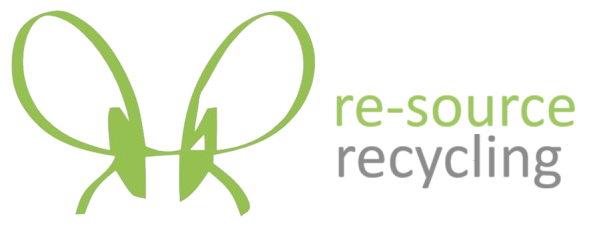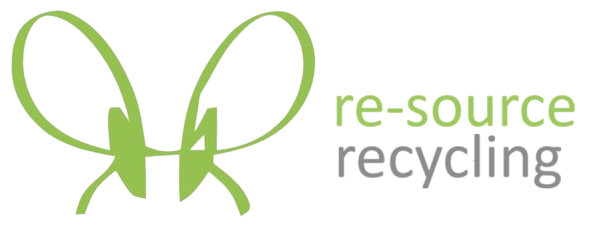Why Cardboard Recycling Matters
Every business deals with packaging materials, and cardboard is one of the most common. But many companies overlook how important it is to manage cardboard waste properly. Recycling cardboard reduces the amount of waste sent to landfills. It also lowers the demand for raw materials. Each ton of recycled cardboard saves about 17 trees and uses less energy than producing new cardboard.
Many industries, especially in Toronto, generate large amounts of cardboard packaging. Without a proper recycling system, these materials pile up and contribute to environmental pollution. That is why smart cardboard recycling practices can make a real difference. It helps businesses reduce costs and support a greener economy.
Cardboard recycling is not just about separating waste. It requires proper handling and sorting to ensure the material stays clean and usable. Dirty or wet cardboard cannot be recycled, which is why keeping it dry and uncontaminated matters. Doing so helps recycling centers process the material efficiently and turn it into new products.
The Role of Inventory Disposal
Inventory disposal in Toronto plays a critical role for businesses looking to declutter and stay organized. Whether a company is downsizing, relocating, or simply clearing old stock, managing excess inventory requires care. Many businesses assume that throwing away old cardboard packaging along with the inventory is enough. In reality, responsible disposal goes beyond throwing items in the trash.
Reputable services offer specialized inventory disposal. They focus on proper recycling and repurposing of materials like cardboard. Instead of ending up in a landfill, cardboard is collected, processed, and transformed into new products. This service reduces the environmental impact and helps businesses avoid hefty disposal fees.
Companies that neglect proper inventory disposal risk running into legal and environmental compliance issues. Improper disposal of materials contributes to waste management challenges across the city. By choosing professional disposal services, businesses can ensure all materials, including cardboard, are handled according to local regulations.
How Businesses Can Improve Recycling Practices
One of the easiest ways businesses can step up their recycling efforts is by setting up designated cardboard recycling stations. Employees should be trained to break down cardboard boxes and store them separately from other waste. Keeping cardboard clean and dry prevents contamination and speeds up recycling.
Many companies underestimate the power of partnerships with recycling experts. Professionals in recycling can advise on the right methods for handling large volumes of cardboard and other materials. These partnerships streamline operations and help businesses meet sustainability goals without extra effort.
Technology also plays a role. Some recycling services offer inventory disposal with digital tracking of materials. This helps businesses monitor how much waste is being recycled and understand where improvements can be made. Having a clear picture of waste patterns allows businesses to plan better and reduce unnecessary packaging.
Environmental Impact of Cardboard Waste
Cardboard is made from paper, which comes from trees. When cardboard is thrown into landfills, it breaks down slowly and releases methane gas, a potent contributor to climate change. Recycling cardboard prevents this process by keeping it out of landfills and putting it back into the supply chain.
Each ton of recycled cardboard saves around 4000 kilowatt hours of energy. This is enough to power an average home for several months. Additionally, recycling reduces water usage and cuts down on pollution caused by manufacturing new cardboard.
In Toronto, businesses that adopt recycling measures contribute to the city’s waste reduction targets. They also support the circular economy, where products and materials are reused rather than discarded. This approach helps preserve natural resources and reduces the environmental footprint of industries.
With more companies recognizing the importance of sustainability, cardboard recycling has become a key step in reducing overall waste. It is no longer an option but a necessary practice for businesses aiming to operate responsibly and profitably.
The Bottom Line
Recycling cardboard and using professional inventory disposal are essential steps toward sustainability. These practices help reduce waste, save energy, and lower costs. More importantly, they contribute to a healthier environment and support circular economy principles.
At Re-Source Recycling, we offer comprehensive recycling solutions, including cardboard recycling and inventory disposal services. With over 25 years of experience, we help businesses across Canada manage waste responsibly. From collection to processing, our experts ensure materials are repurposed effectively and securely.
Choose smart recycling solutions today and play your part in protecting the environment. Proper inventory disposal is more than just removing waste – it is about rethinking how your business interacts with resources. Cardboard recycling is a simple step with a big impact. Let us help you make it happen.
Frequently Asked Questions
What is the importance of recycling cardboard for businesses?
Recycling cardboard helps businesses cut disposal costs, reduce environmental impact, and meet sustainability goals. It keeps waste out of landfills, saves natural resources, and supports the circular economy by turning used materials into new products.
How does inventory disposal in Toronto benefit my business?
Inventory disposal in Toronto helps businesses declutter efficiently while ensuring proper recycling of materials. It prevents legal issues, reduces waste management costs, and supports sustainability by repurposing items instead of sending them to landfills.
Can dirty cardboard be recycled?
No, dirty or wet cardboard cannot be recycled. Contaminated cardboard damages recycling machines and reduces the quality of recycled materials. Keeping cardboard clean and dry ensures it is properly processed and turned into new products.
How does cardboard recycling affect the environment?
Cardboard recycling saves trees, reduces energy and water use, and prevents harmful methane emissions from landfills. It lowers the need for raw material production, supporting a circular economy while helping businesses reduce their carbon footprint.
Why should I choose professional recycling services?
Professional recycling services simplify waste management by handling collection, sorting, and processing. They ensure compliance with local regulations and maximize recycling efficiency, allowing businesses to focus on operations while promoting sustainability and reducing disposal costs.

